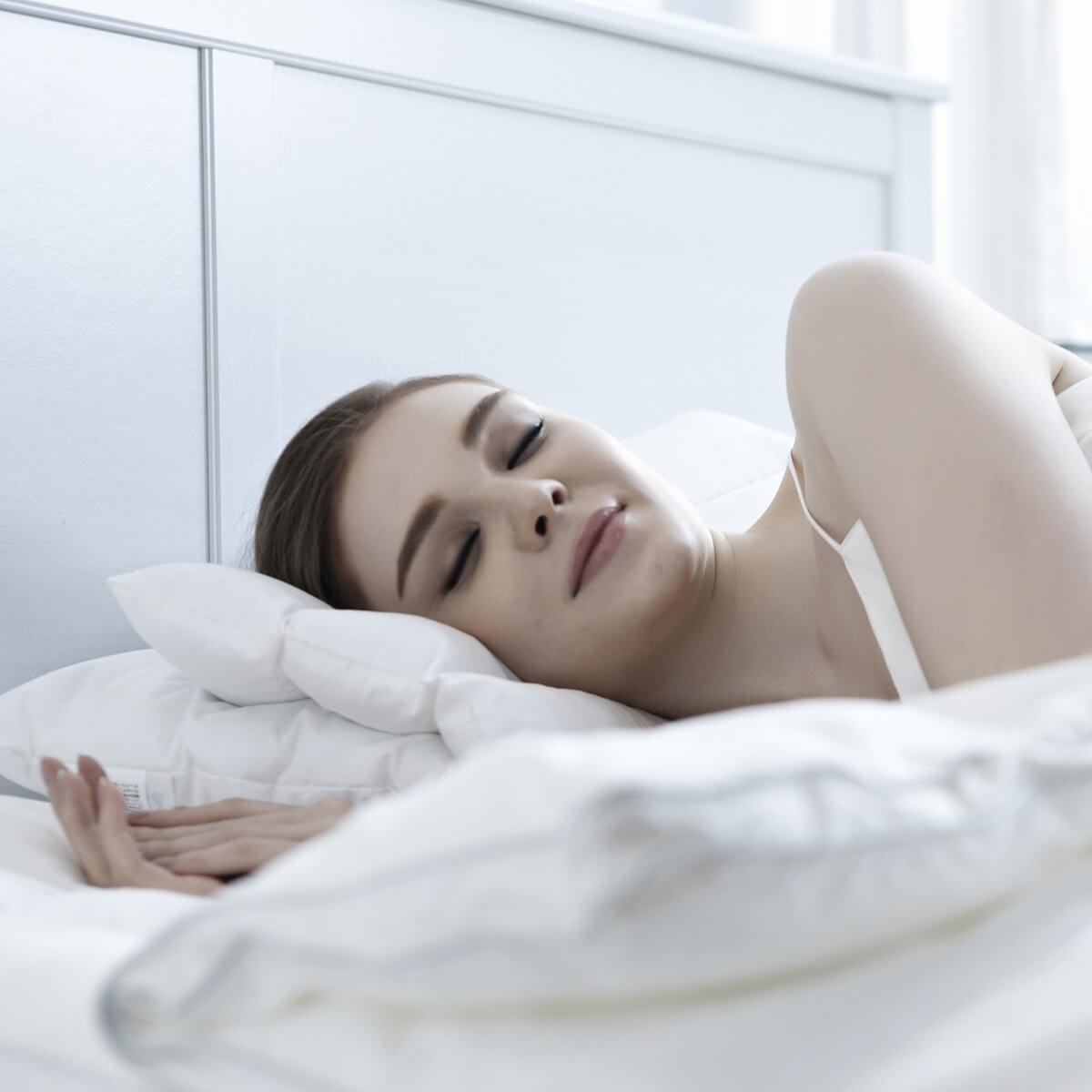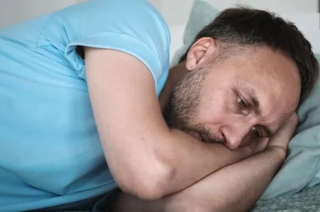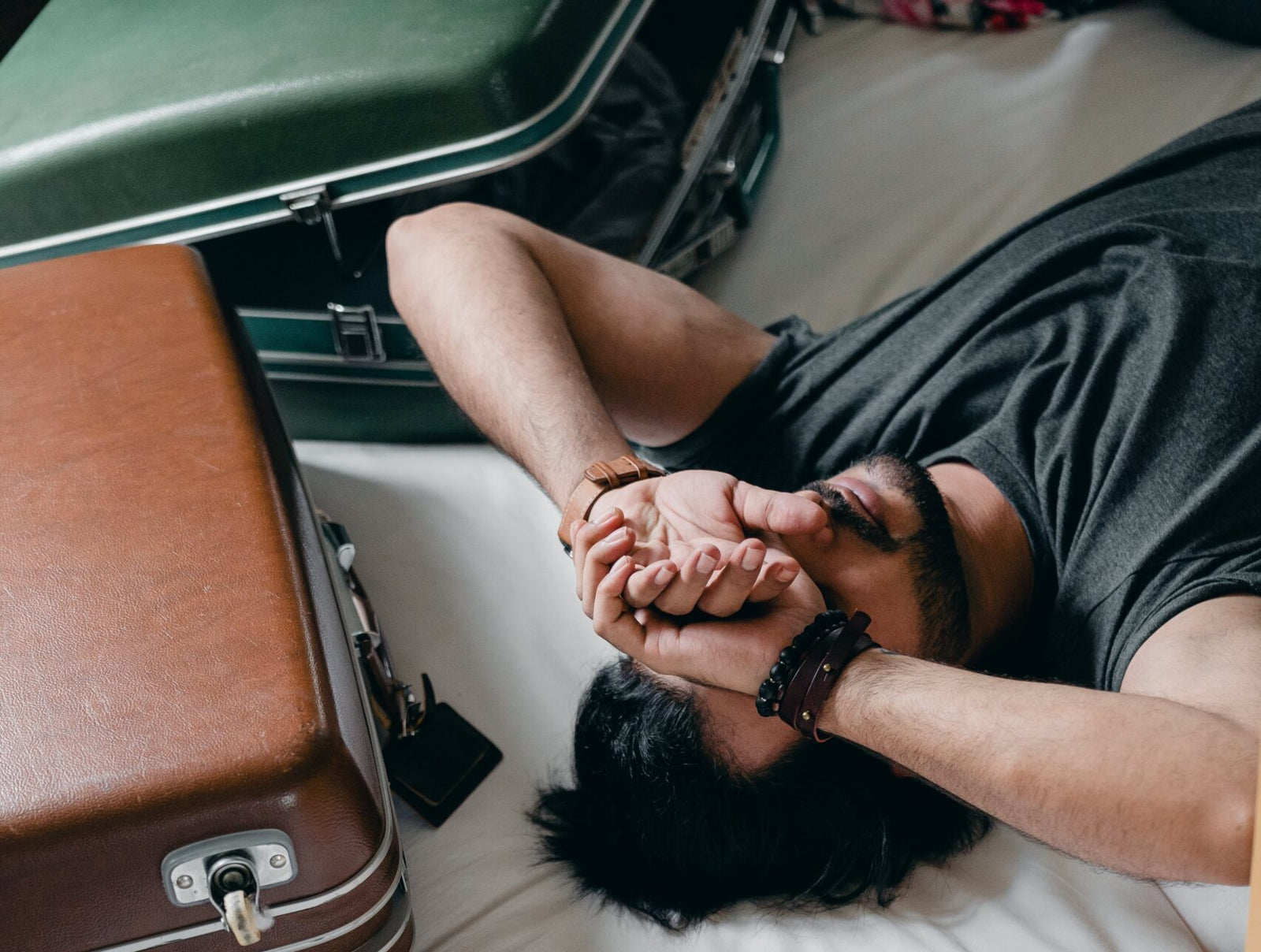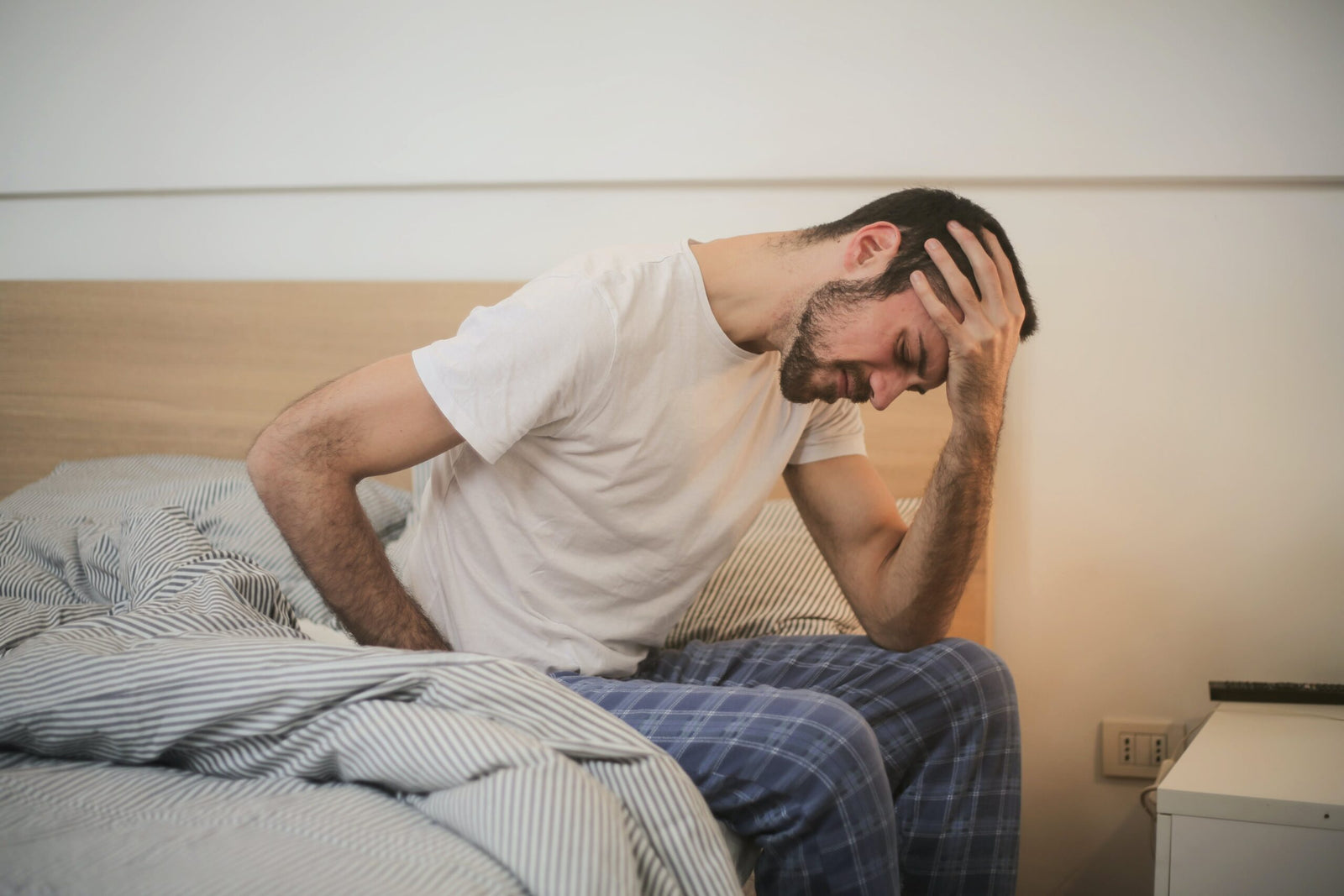
World Sleep Day
Each year since 2008, the third Friday in March is set aside as World Sleep Day. Why do we celebrate a day dedicated to sleep? Because “sleep is essential for health.” This often-overlooked truth was actually the designated “theme” of World Sleep Day 2023 which took place on March 17.
Those who run the annual World Sleep Day event, are dedicated to expanding sleep awareness. The holiday was initiated by the World Sleep Society—a non-profit organization that manages programs for sleep professionals. The goal of the first World Sleep Day was to bring together sleep healthcare providers to discuss and distribute sleep information on a global level.
In its observance, an annual 155 events are held across the world, and more than 70 countries participate in the festivities.
Coinciding events
World Sleep Day took place this year toward the end of Sleep Awareness Week. The latter is a separate annual event which takes place each year during the first week of Daylight Savings (this year, March 12-18.) Though the two events are run by two different organizations, they occur close together and share the common goal of getting the rest of us to pay more attention to our sleep.
Sleep Awareness Week
This year’s event celebrated the 25th Anniversary of Sleep Awareness Week which is an initiative of the National Sleep Foundation. Each year, Sleep Awareness Week serves as a call to action for the public to recognize that sleep is crucial to their health and well-being.
Highlights
During the week-long event, NSF highlights sleep facts and best practices for sleep health, including tips on how to get sufficient, high-quality sleep. It also releases the results of its latest “Sleep in America Poll.”
The highly-respected poll is a go-to resource provided to help the public understand key attitudes, behaviors and experiences related to sleep health. The prominent finding this year? “The Nation’s Sleep Health is Strongly Associated with the Nation’s Mental Health.”

Depression, anxiety, and other mental health issues can take a heavy toll on your sleep. Start taking charge of your sleep now.
Elevating the importance of sleep
Dedicated to educating the public, The National Sleep Foundation reaches millions of people in the US and abroad. Each year, Sleep Awareness Week provides a healthy reminder to the masses that sleep is important because it affects our health at all levels. Temitayo Oyegbile-Chidi, MD, PhD, Chair of the NSF Board of Directors, remarked at this year’s event, "If we want to be healthy and at our best, one of the first places to focus is on our sleep. That's been our consistent message since we first started Sleep Awareness Week."
Sleep Awareness Month
World Sleep Day and Sleep Awareness Week are the two main events we celebrated in March—which is a full month dedicated to sleep health awareness. That’s a lot of people, doing a lot of hard work, in order to get our attention. All, so folks like you and I will be more fully informed about the importance of healthy sleep—something too many of us may be taking too lightly.
As we’ve become more aware through these resources, one thing we’ve learned is that, as a nation, we Americans are still struggling to get a good night’s sleep.
We’ve also learned that, as suspected, poor sleep is affecting our mental health. This was the primary research topic for this year’s Sleep Foundation poll.
What this new poll tells us about sleep and depression…
- Almost 7 in 10 Americans who are dissatisfied with their sleep, also experience mild or greater levels of depressive symptoms. That’s 65% of us!
- People who experience difficulty falling or staying asleep, just 2 nights a week, have higher levels of depressive symptoms than those with no sleep difficulties.
- The National Sleep Foundation recommends 7-9 hours of sleep a night for most adults. 50% of all adults who sleep less than that recommended amount of time, also experience depressive symptoms.
- Over 90% of Americans who engage in high levels of healthy sleep behaviors like the NSF’s Best Slept Self framework have no significant depressive symptoms.
Looks like its way past time for us to take sleep more seriously. The good news is that it’s not always so difficult to correct your sleep issues—sometimes it’s just a matter of making that your priority.
What is the Best Slept Self framework?
The Sleep Foundation provides 6 simple steps to help you start getting the sleep you need…
3 Daytime Steps:
- Light—Spend time in bright light during the day, whether it’s natural light, or equivalent brightness.
- Exercise—Regular exercise promotes deeper sleep. Aim for 30 minutes a day, 5 days a week.
- Mealtimes—Eat your meals at consistent times day after day.
3 Nighttime Steps:
- What to Avoid—Stay away from heavy meals, nicotine, caffeine, and alcohol before bedtime.
- Wind-down— Use a consistent routine with a relaxing wind-down to help get the sleep you need each night (7–9 hours for most adults, with same sleep and wake times.)
- Environment—Put your devices away an hour before bed and sleep in a quiet, cool, and dark environment.
Depression, anxiety, and other mental health issues can take a heavy toll on your sleep. Remember, sleep and depression have a bi-directional relationship—sleep loss leads to depression—and depression causes sleep loss. Practice the 6 simple steps above daily to start sleeping better now.
Next Steps
When you’ve mastered the above steps—or better yet sooner—be sure to incorporate the following important sleep practice:
Begin regulating your sleep/wake cycle by going to bed and waking up at the same time each day. Sleep expert Ruth Hamilton provided this useful guide during Sleep Awareness Week. You’ll find it quite helpful with your sleep schedule reset—especially if you’re still recovering from Daylight Savings Time.
And don’t forget to factor in your Chronotype. Making sure your sleep and wake times are in sync with your personal chrono-biology will bring better results so you can get your sleep back on track faster.

Always go to sleep and wake up at the same time each day—based on the “best time” for your individual Chronotype.
Why you should answer the call to action:
We talk a lot about the damaging effects of poor sleep. Sleep loss hurts:
- Our health
- Our outlook
- Our relationships
- Our jobs
- Our self-esteem
- Our peace of mind
They keep telling us all this. Yet the statistics aren’t improving.
Flipping the script...
Maybe it’s time we focus more on the Benefits of Good Sleep. Afterall, most of us respond better to positive messages. So, here’s what happens when we’re able to achieve restful, rejuvenating sleep:
- We feel better
- We act better
- We look better
- We do more
- We smile more
- We live more
Who can’t get on board with that?
Innovations in Sleep Health
Shining a light on any problem brings it out in the open for discussion and study—and hopefully change. This often leads to advances in areas we weren’t necessarily expecting… yet find easy to embrace. Like…
Sleep Tourism
If you’ve ever dreamt of escaping the rat race for a sleep vacation—so you could reset your energy, and get back to being yourself again—this trend is for you...
An interesting and kind of awesome thing to come out of the Sleep Awareness movement is how it is beginning to affect our travel.
No more guilty pleasure
When it comes to staying healthy, it’s no longer just about the fit-minded travelers’ ability to maintain their workout schedules while traveling. It seems many of us are looking for something closer to a Wellness Experience—one that includes sleep.
And since health and wellness have claimed a higher priority with their prospective guests, hotels have begun expanding beyond the traditional offerings of gyms, pools and spas.
Just as some of the luxury retreats have mastered the art of healthier fine dining options, we’re seeing a boom in savvy hotels that are now catering to the sleep deprived.
Why the shift in focus?
Hotels are where people go to sleep and as one sleep researcher points out, the hotel industry has been more focused on things that detract from sleep.
Co-author of “Sleep for Success!” Dr. Rebecca Robbins believes this new outlook has been a long time coming and is quoted by CNN Travel as saying: “People often associate travel with decadent meals, extending their bedtimes, the attractions and the things you do while traveling—really almost at the cost of sleep.”
Dr. Robbins further attributes the trend to a huge shift in our collective awareness and placing greater priority on wellness and well-being. Check out her book to learn more about the importance of developing better sleep habits.
What's on offer?
A recent Forbes article sees sleep tourism gaining momentum with the annual month-long focus on sleep awareness. Here they shine the spotlight on sleep-focused stays including sleep-wellness destinations like:
The Miraval / Tucson, AZ
Miraval Tucson provides “Journeys with Intention” and offers services to help guests rest and rejuvenate during their stay. Billed as a serene space of discovery and quiet reflection, it is a luxurious desert resort, utilizing the peaceful surroundings to expand knowledge and understanding of sleep needs—and, of course, to help folks reset their sleeping patterns.
This unique stay provides a resident Sleep & Dream Specialist who leads activities such as lectures, meditation practices and workshops to help heal your sleep issues.

This iconic hotel in downtown LA offers a respite for those who need a getaway to relax and reset their confused sleep clocks.
Rest, relax, recover and reset…
Thanks to the recent workforce changes, we no longer contend with just the usual relaxation challenges. Added to the traditional work and home stressors, many who now work from home, find it difficult to separate work and home life. This has had a heavy impact on their sleep and productivity.
In perhaps one of the least likely of places, downtown L.A., the historic Hotel Figueroa offers a respite for those who need a getaway to relax and reset. Connie Wang, the hotel’s managing director comments…
“One of the best parts of the Rest and Recovery suite is that you’re able to get away and have that separation from your home life and clear your mind.”
The Zen Den
Hotel Fig serves up its most priceless luxury—sleep—in their newly converted “Zen Den destination.” Locals in need of a staycation and weary business travelers are able to reset their confused sleep clocks and enjoy luxurious wellness amenities like gamma light therapy—and thus return to their busy lives well rested.
Renewed focus, greater productivity, more robust health, mental tranquility, and overall happier lives are the benefits of being able to rest, relax, recover, and reset.
Gone global...
It’s encouraging to see this expanding affirmation of sleep as a primary component of overall wellness. Many resorts are offering Sleep Concierge services in addition to other wellness amenities. Soon curated diets, meditation recordings, and sleep technologies may be as common as massages.
Hotel properties across the world are embracing the trend and the sleep awareness movement can no doubt take credit for driving the momentum. We should all be grateful for their diligence—and for the strides they’ve made toward making the world more conscious of the importance of sleep.
Sleep Awareness Month may be over for this year but keep applying the knowledge you’ve gained to enjoy better sleep, and better health over the coming year.
Sleep Travel Insurance
Whether it’s a sleepy tea estate in India, a desert oasis, a bustling European city, or downtown Los Angeles, your sleep destination—however dedicated it is to helping you sleep—may not be soundproof. Especially if your travel mate is a snorer.
Annoying sounds like banging doors, pinging elevators, outside traffic, and other hotel guests, can disturb your sleep and ruin your Zen. Be sure to pack SoundOff Noise Masking Earbuds in your getaway bag. They’ll block out any obtrusive noise and help keep your mind clear of any troublesome thoughts so you can fall asleep and stay asleep.

Sometimes even sleep-dedicated spaces aren’t soundproof—always remember to pack your sleep protection.
Staying focused on our sleep…
SLEEP 2023 will take place in Indianapolis this June. It’s the premier clinical and scientific meeting held each year for professionals in the Sleep field. And they’re going to be talking about us.
About you, me, and all the other people in this country that may be sleep-challenged.
This meeting brings together sleep medicine physicians, sleep circadian scientists and other healthcare professionals to discuss the latest advances in clinical sleep medicine to benefit those of us with sleep disorders.
Sounds like a very focused group of people. Shouldn’t we all be just as mindful of our own individual sleep health?
Best advice
Sure, we’re free to ignore the warnings and continue to neglect our sleep, but now we’re pretty clear on the consequences.
I came across this advice from Dr. Michelle Drerup, PsyD, of the Cleveland Clinic’s Sleep Disorders Center and I’ll leave you with it…
“Treat getting enough sleep as if it is as important as taking medicine,” Dr. Drerup says, in regards to scheduling adequate time for sleep… “It’s very easy to stay up late and burn the candle at both ends. However, when you do that, you quickly run into a problem of dealing with sleep deprivation.”
Answer the call. Make sleep a priority and you’ll make a permanent change in your health and happiness.
Until next time…
Wishing you peaceful, uninterrupted sleep—all night, every night.

































